a few years ago i mentioned that i wrote a book about the exciting, awkward and embarrassing experiences of growing up with computers and video games in the 80s and 90s.
i wanted to remember what it felt like being the only dorky computer kid at school. or what it was like to hear my first modem handshake sound. or starting the first flamewar on the school's national FirstClass BBS in the macintosh lab over the lunch-hour
it was originally something i wrote only for my family and friends who were there at the time.
and then i met all of you folks when i started my first masto instance 4 years ago. i had no idea there were so many hardcore retrocomputing and gaming nerds out there; unix and mac and ms-dos folks alike.
so i mentioned it casually. i was surprised by the interest in the book.
so i spent the better part of the past 3 years rewriting the book for *you* fellow mastodon dorkus malorkuses. the book is a celebration of all of the best (and worst) parts of a kid growing up in the digital age.
we're all busy old tired stressed folks now. so every memory and cringetacular story is short enough to read on a 5 minute bus/metro/toilet ride. they're weaved together into an arc that starts at my family's first Tandy TRS-80 and ends at my school's Mac LC II and building my first Pentium 133.
it's finally published, and i'm super proud of what it became thanks to everyone here nerding out for years.
enjoy the book. i wrote it just for you. ❤️
paperback edition: https://mybook.to/EDuUf
DRM-free ebook (EPUB format) and chapter samples here:
https://tomotama.itch.io/mages-modems
#books #indiePublisher #bookstodon #author #macintosh #vintageApple #vintageComputing #msdos #dosGaming #yeg #canada #alberta #bbs #smolWeb #indieWeb

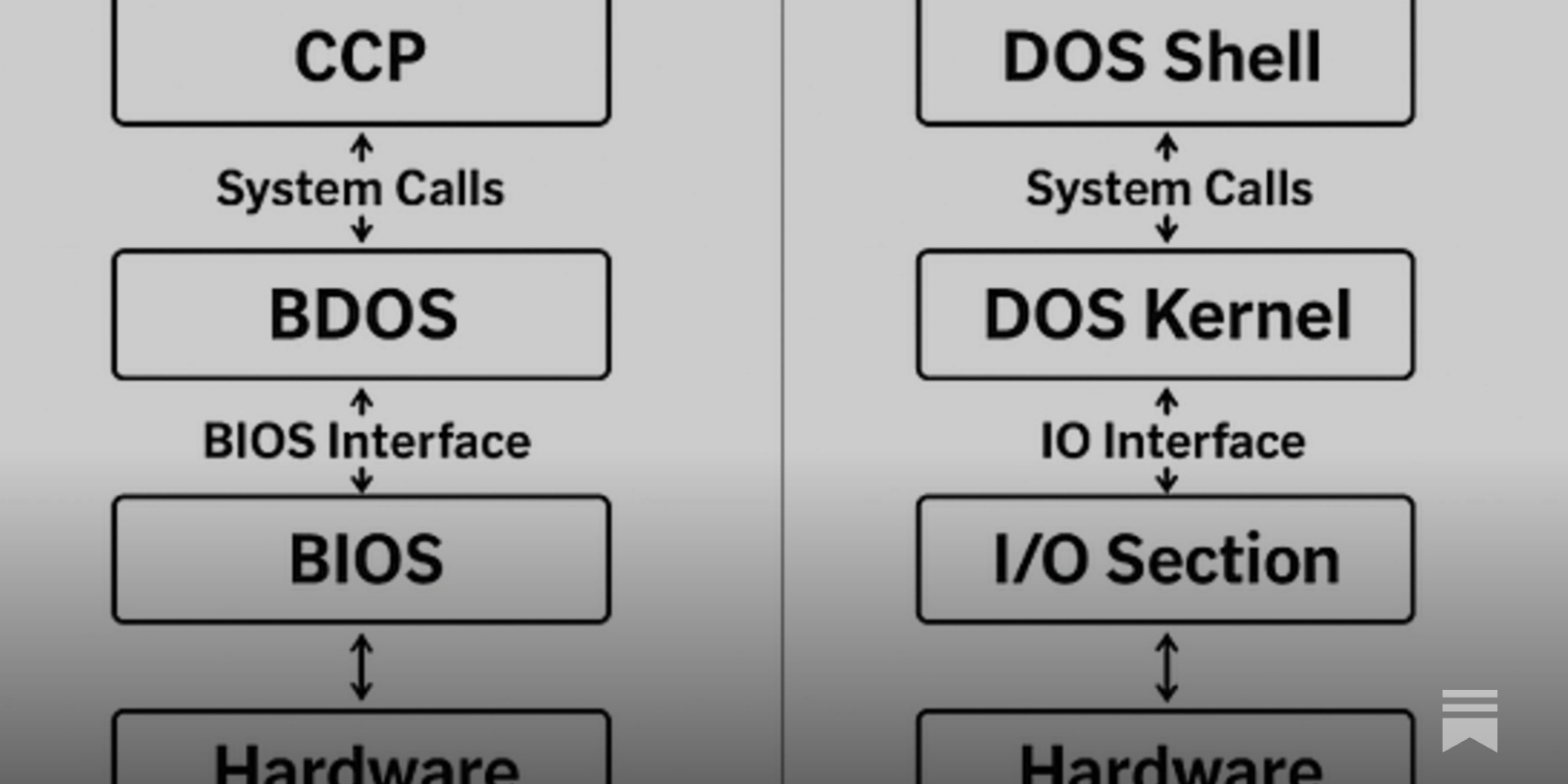
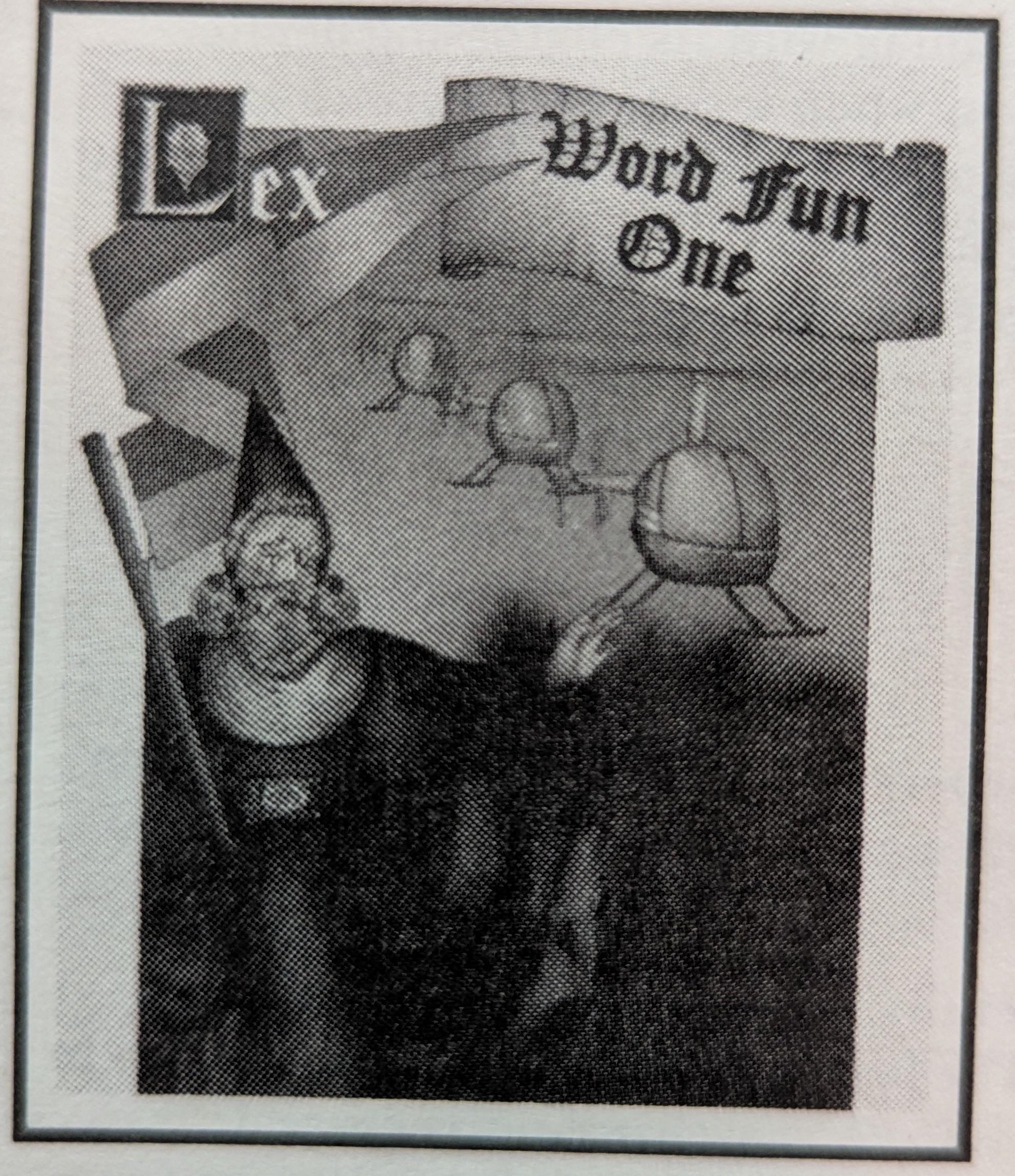
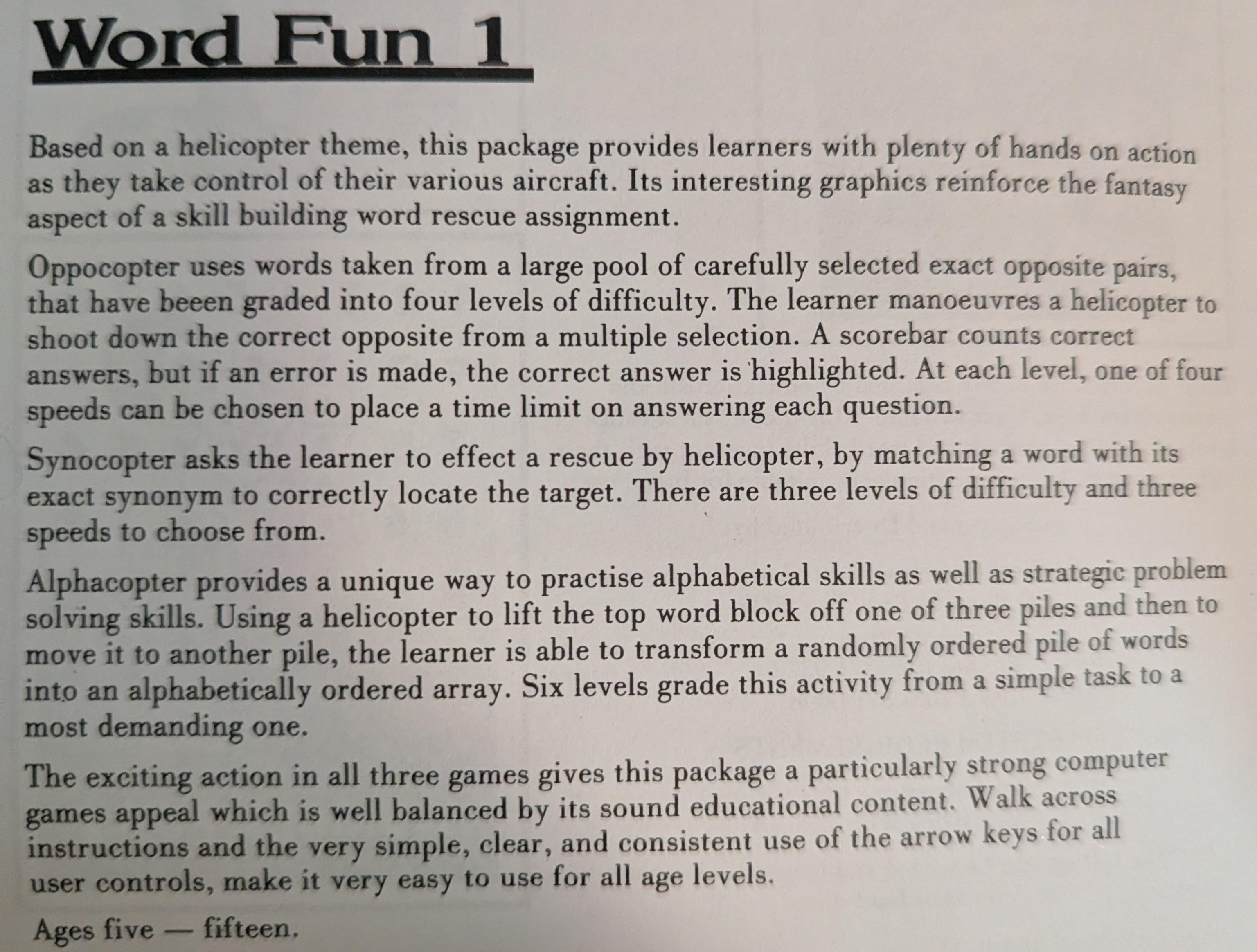
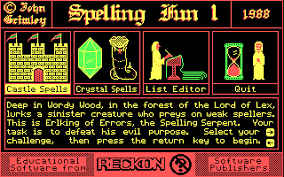
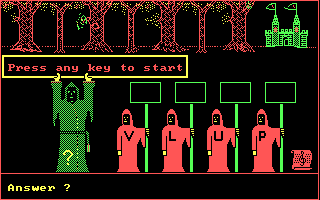
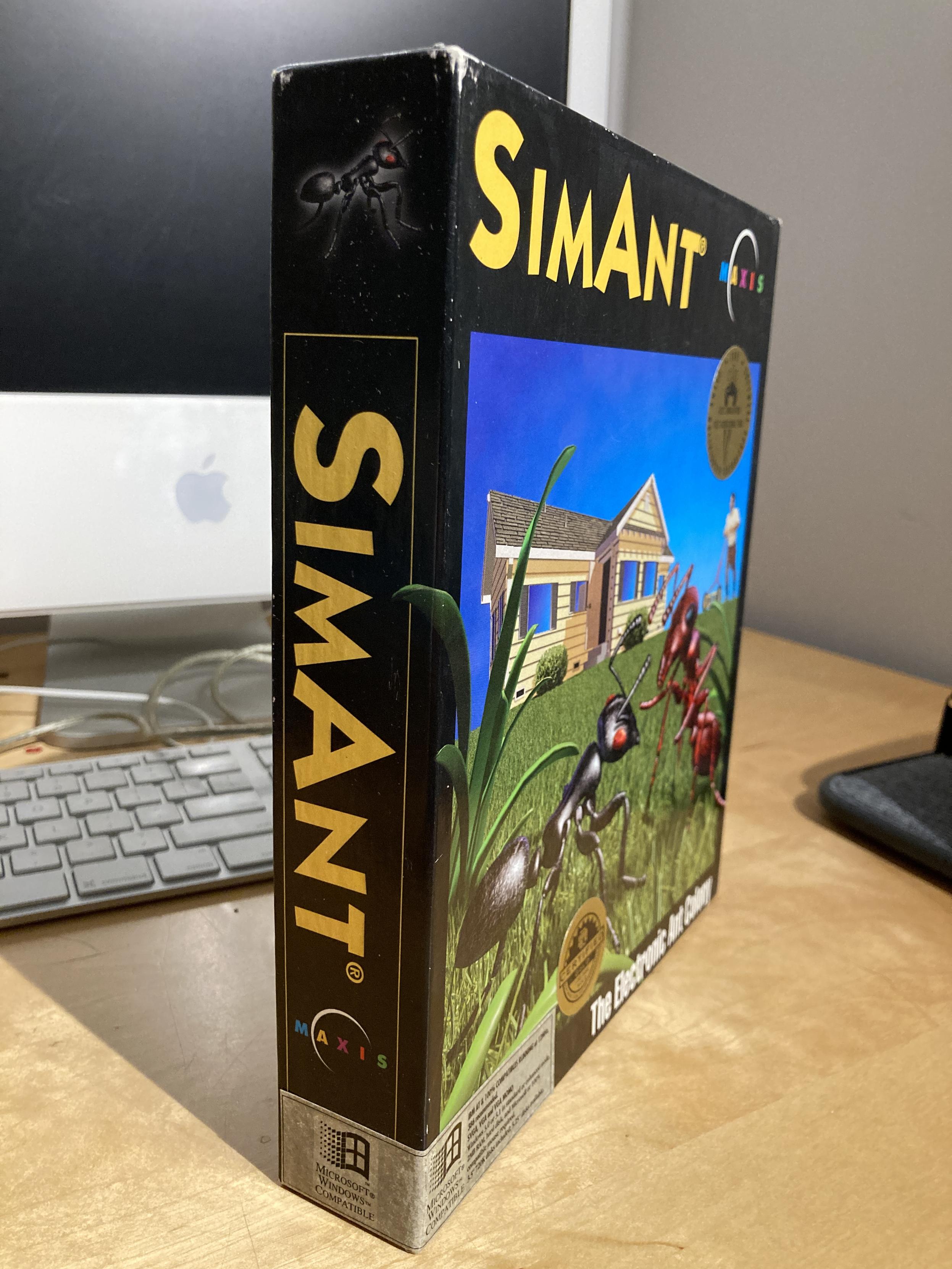
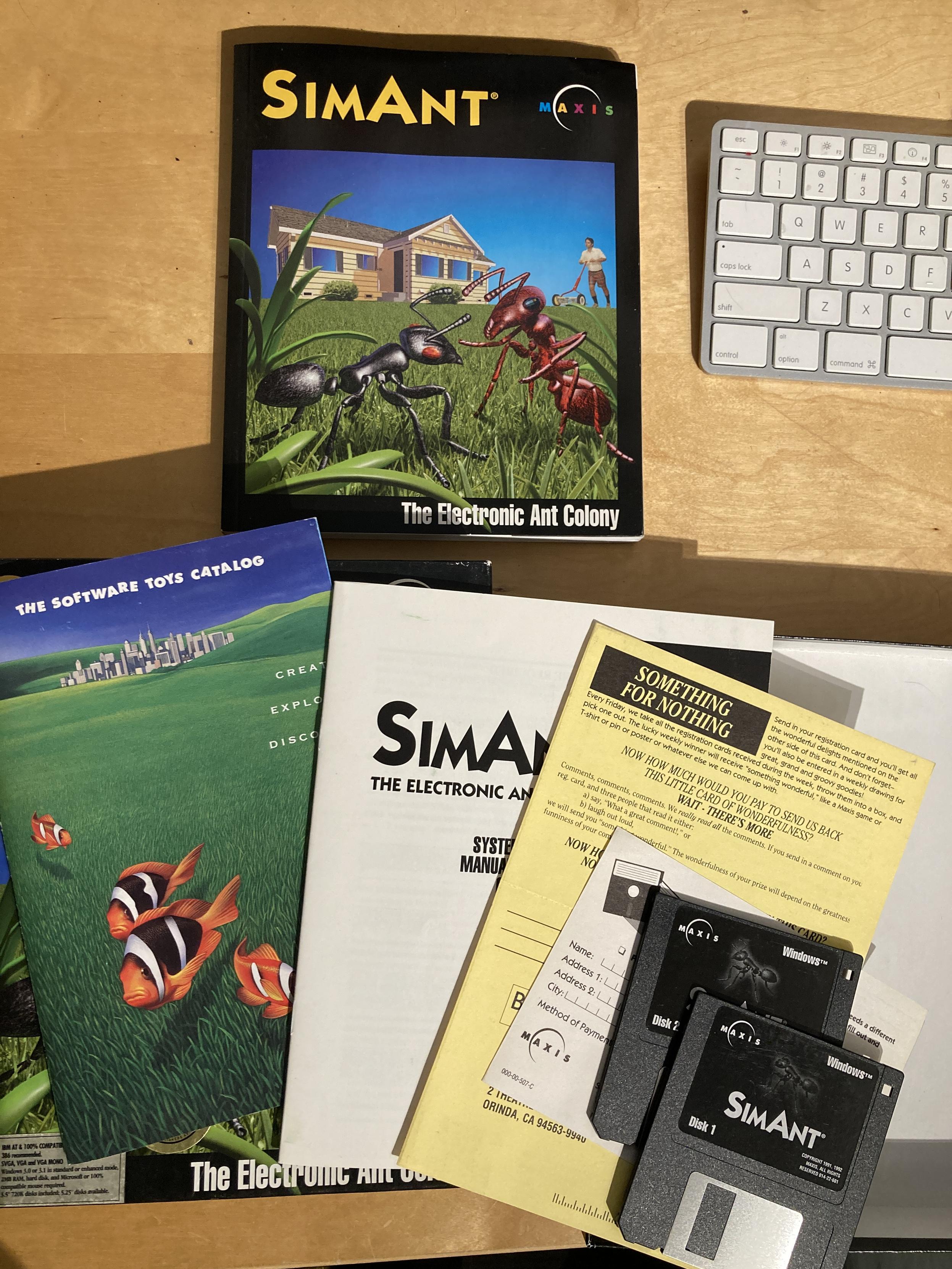
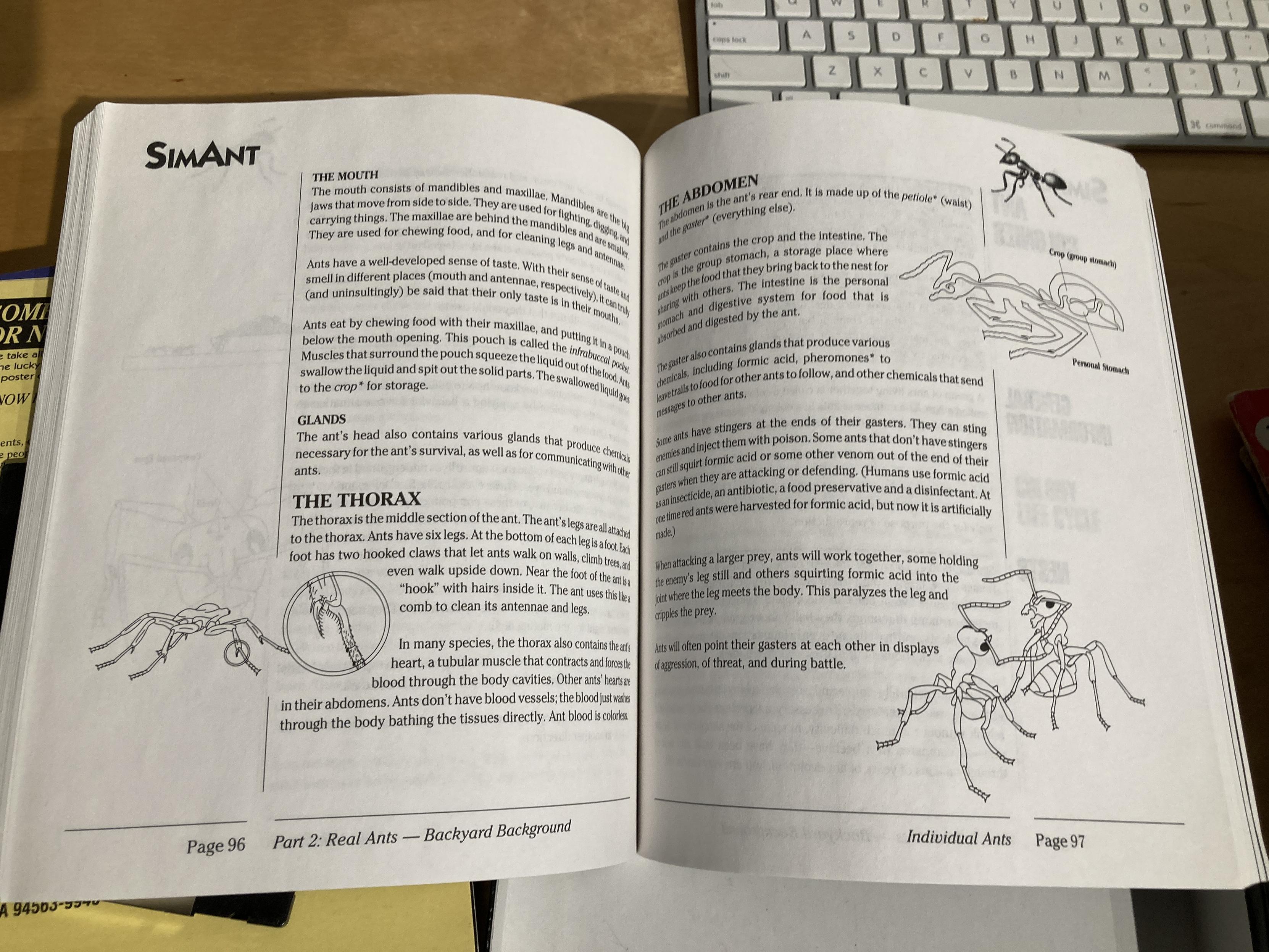
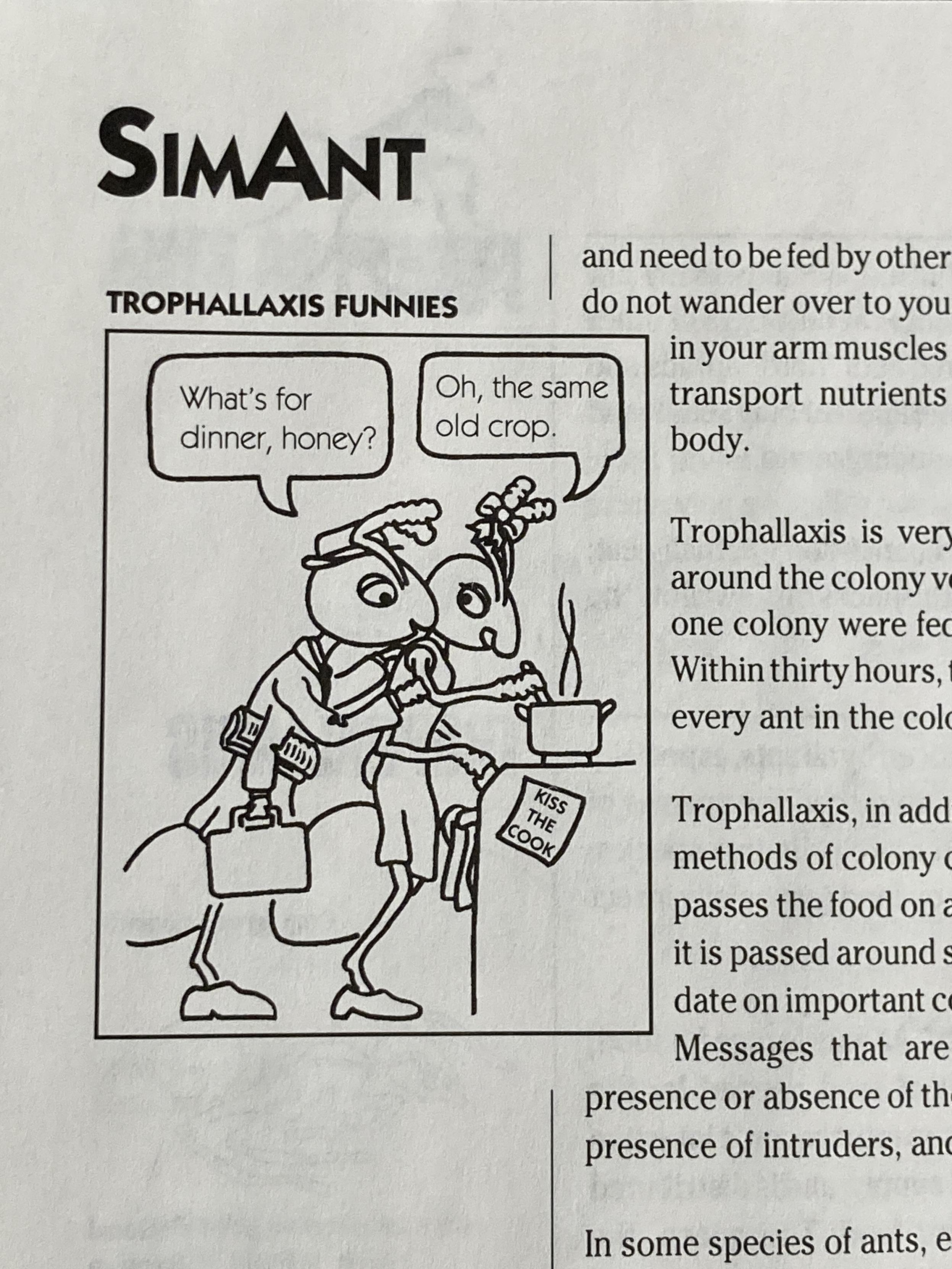
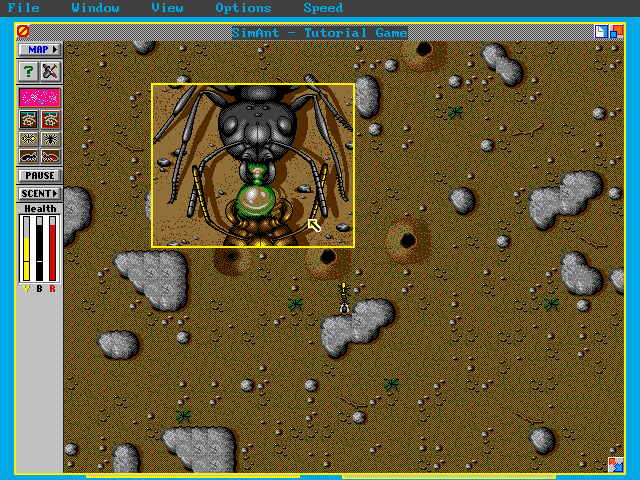



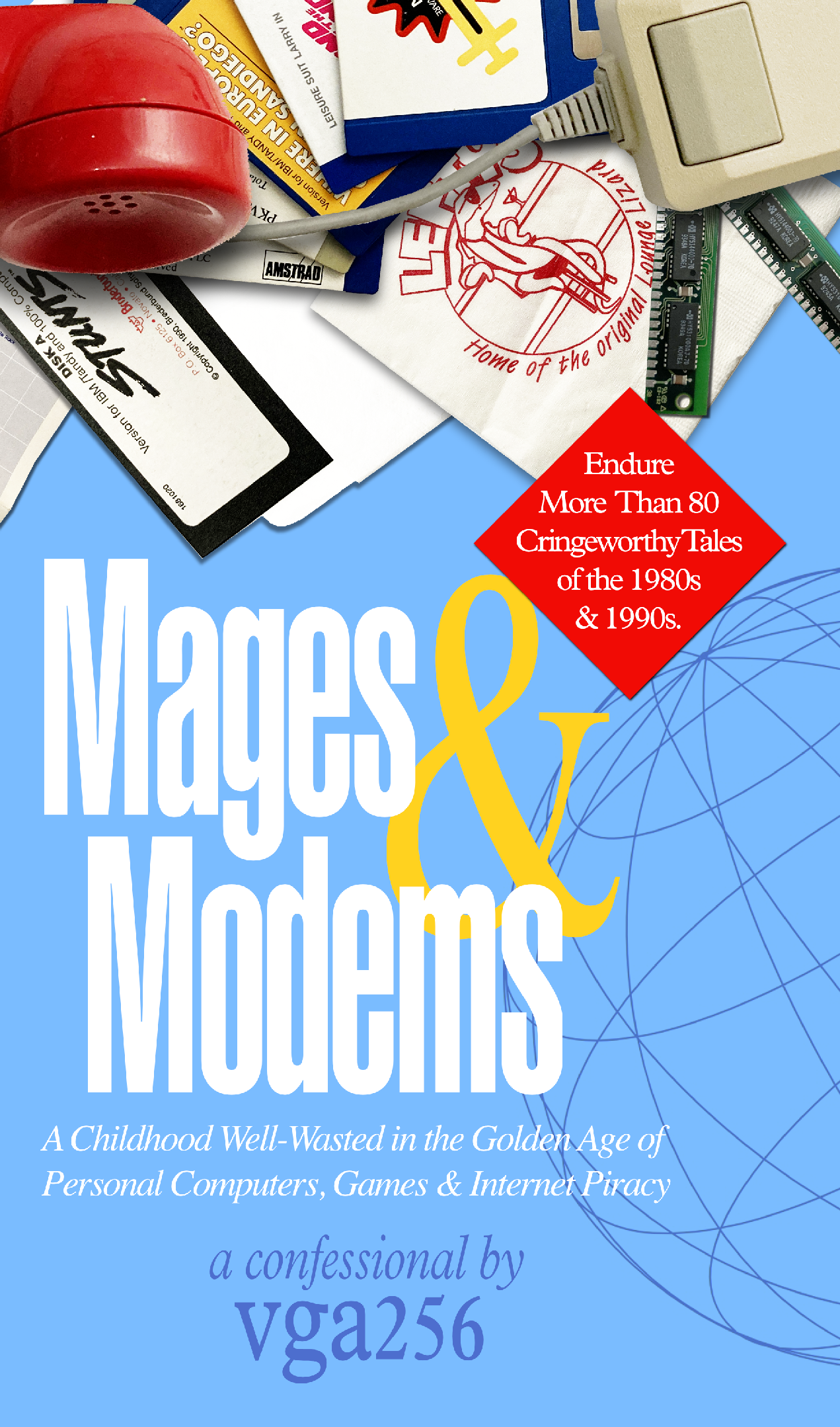
![The rear cover of the book, showing a Carmen Sandiego-style letter from the ACME Detective agency. The letter has a picture of a spazzing out kid wearing a Just Do It sweater.
The letter reads:
ACME Detective Agency
Dear Detective #0294,
As discussed, I have enclosed a hardcopy of VGA256's journals discussed at the departmental briefing. The journal entries are chronological, and document the suspect's computing and gaming activities from the early 1980s to late 1990s - his childhood and adolescent years.
Each vignette is an introspection into the suspect's self-described obsessions, including but not limited to:
* IBM PC, Amiga, Apple ][, Macintosh, Tandy
* MS-DOS, MacOS, Windows 3.1 & 95, UNIX
* NES, GameBoy, Sega Genesis, TI-85
* Modems, BBSes, CompuServe, Prodigy, ISPs
* Warez, FTP, Usenet, IRC, Shell Accounts
* Origin Systems, LucasArts, and Sierra On-Line
... and so on. The stories are a treasure trove of immoral and illicit activities that made him the dysfunctional adult he is now. I hope these will be of value in building your dossier on this delinquent.
I expect a report on my desk by Friday.
Deputy Chief Conover
Brat & Punk Division](https://mastodon.tomodori.net/system/media_attachments/files/115/860/655/939/886/780/original/7bc6e687a17779ad.png)